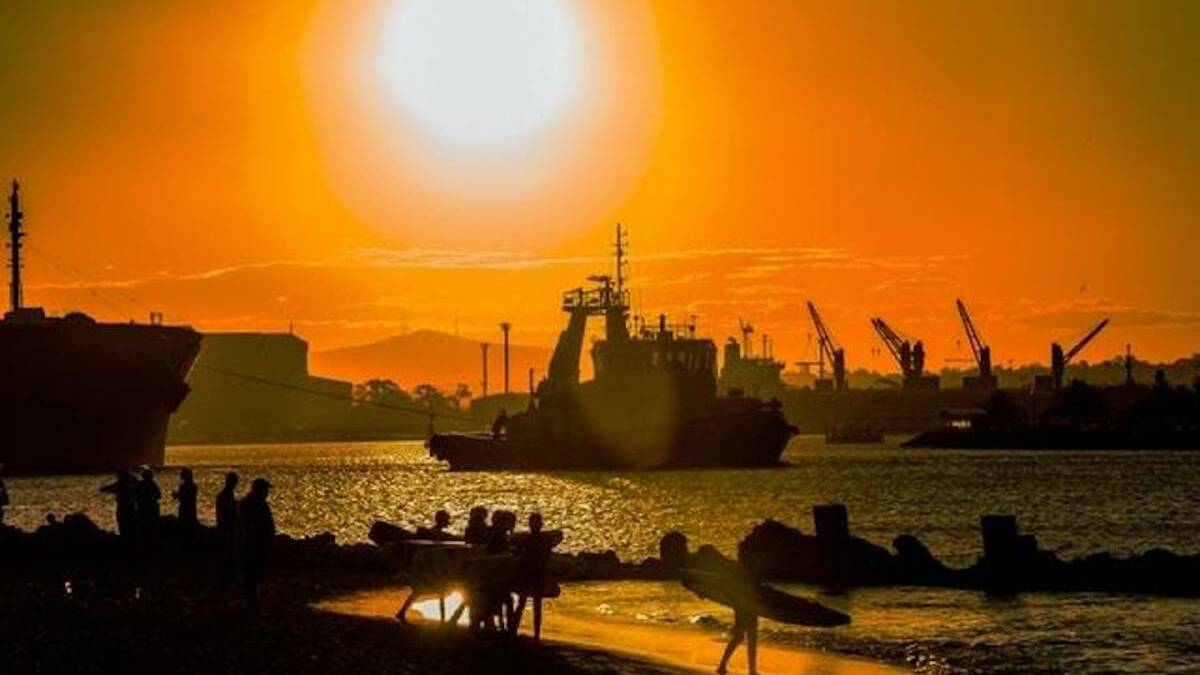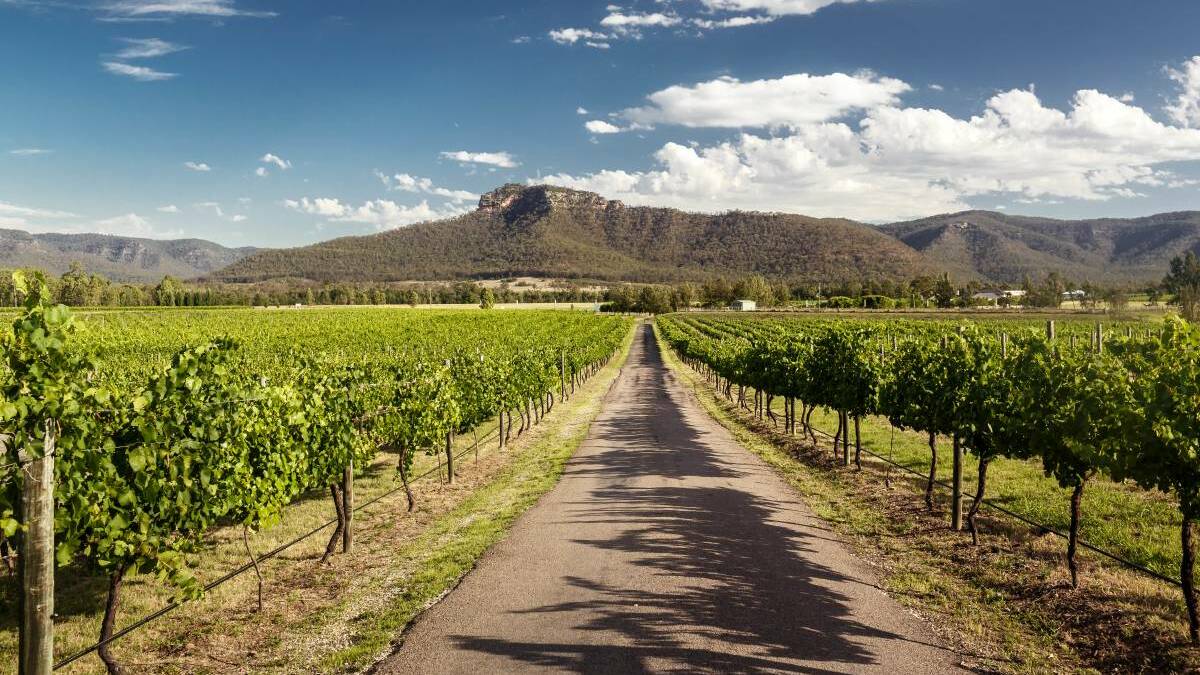The recent announcements that the Hunter's coal-fired power stations will close by the end of the decade mean the region can not wait any longer to begin the massive task of transitioning to a clean energy economy.
Subscribe now for unlimited access.
or signup to continue reading
What will the Hunter's energy transition involve and how prepared are we to begin the journey?
What is a transition plan?
A transition plan is a social and economic blueprint that will allow the Hunter Region to adjust to the structural changes that will result from the closure of coal-fired power generation and the decline of coal mining in coming years.
Alan Finkel, who chairs the council working with the Australian government to develop its low-emission technology roadmap, cautions that large amounts of patience will be required by governments, industry and the community if to achieve a positive end result.

"It takes not months but years to achieve a just transition in terms of investing in new businesses, training people for new job opportunities, dealing with short term disruption." he said.
Overseas experience shows that a successful transition requires buy-in from all sectors of the community.
"It's also up to people to realise and accept the changes coming and instead of resisting it say, "Okay, what's the opportunity either for me to get retrained or for my son or daughter to train in the appropriate industries of the future," Professor Finkel said.
"Everybody has a role here. The one thing that we shouldn't do is just say, "I don't want to be part of the change and I'm gonna resist it," because that's the worst thing you can do for your own future."
Why is it needed?
The latest NSW intergenerational report predicts coal production in NSW could end within 20 years as the shift towards clean energy picks up pace. It also forecasts that coal mining royalties in NSW are expected to more than halve by 2061.
The Department of Regional NSW commissioned the international economics consultancy Deloitte in late 2020 to investigate the possible impacts of transition in the Hunter.
Its report Upper Hunter Futures states that the future of the Upper Hunter is "highly uncertain" and urgent action is needed if the region is to avoid the worst social and economic impacts of the coal market's decline.
If managed well, communities in the Dungog, Singleton, Muswellbrook and Upper Hunter Shire local government areas stand to capitalise on significant opportunities to improve social equity in areas such as housing, transport and community services and renewable energy generation.

"The economic future of the Upper Hunter is highly uncertain and could follow a number of different pathways based on global, national and local trends and disrupters," the report said.
Who is pushing for it?
The need for a Hunter transition strategy has wide support from across the political spectrum.
It made 21 recommendations and 15 findings, covering support for communities, economic and employment opportunities presented by renewable energy, transmission infrastructure, energy management, and forecasts for domestic and export use of energy.
Key recommendations include:
- That the NSW government consider a jobs guarantee proposal and its utilisation in other jurisdictions. Along with other relevant government agencies, this could be undertaken within the Expert Panel for Royalties for Rejuvenation's work to protect jobs and industries, support communities and identify future opportunities that can be built off the back of the mining legacy.
- That the NSW government requires mine operators, or site operators/owners, to rehabilitate and reuse existing infrastructure on mines and power generation sites to allow for the reuse of facilities worth billions, which could assist with making sites more attractive for new commercial and industrial activities and their associated employment.
- That the NSW government conducts a skills audit to assess areas of future workforce growth, and plan to retrain or reskill workers impacted by the energy transition.
- That the NSW government invests in education and training programs to meet the needs of the renewables sector, and retrain workers impacted by the energy transition.
- That the NSW government funds long-term plans to diversify the economies of communities that will be impacted by the energy transition. The plans should be led by local communities and tailored to the needs of each community.
- That the NSW government appoints a coordinator to manage the development of energy transition plans for communities that will be impacted by the transition.
What work has been done to date?

During the 2021 Upper Hunter by-election state government announced it was creating a $25 million Royalties for Rejuvenation fund to drive job creation and provide community support in coal mining communities as they make the transition to a clean energy economy over coming decades.
The Hunter Jobs Alliance was among those offered a place on an interim expert panel to advise on the use of the fund.
The alliance is also lobbying for the establishment of Hunter statutory authority that would be able to respond to specific regional and community needs as they arise.
The Hunter Joint Organisation, which represents the region's council's has been advocating for the creation of the Hunter 2050 Foundation.
The foundation would work to attract new investment, new industries and new employment opportunities as thermal coal mining and energy are scaled down, as well as responding to the challenges faced in the region right now due to the ongoing COVID-19 crisis.
In the wake of the announcement that Eraring Power Station would close in 2025, the state government announced a $250 million commitment over five years to ensure local manufacture of new energy infrastructure.
It is estimated the initiative will provide up to 3700 jobs in future industry and renewable energy.
This report appears as part of the Newcastle Herald's 'Power and the Passion' special report investigating the Hunter's energy transition away from coal-fired power to renewable energy alternatives. Read the full series here, and listen to the Voice of Real Australia podcast, on Apple Podcasts, Spotify or your preferred platform
Our journalists work hard to provide local, up-to-date news to the community. This is how you can continue to access our trusted content:
- Bookmark: newcastleherald.com.au
- Download our app
- Make sure you are signed up for our breaking and regular headlines newsletters
- Follow us on Twitter
- Follow us on Instagram
- Follow us on Google News


